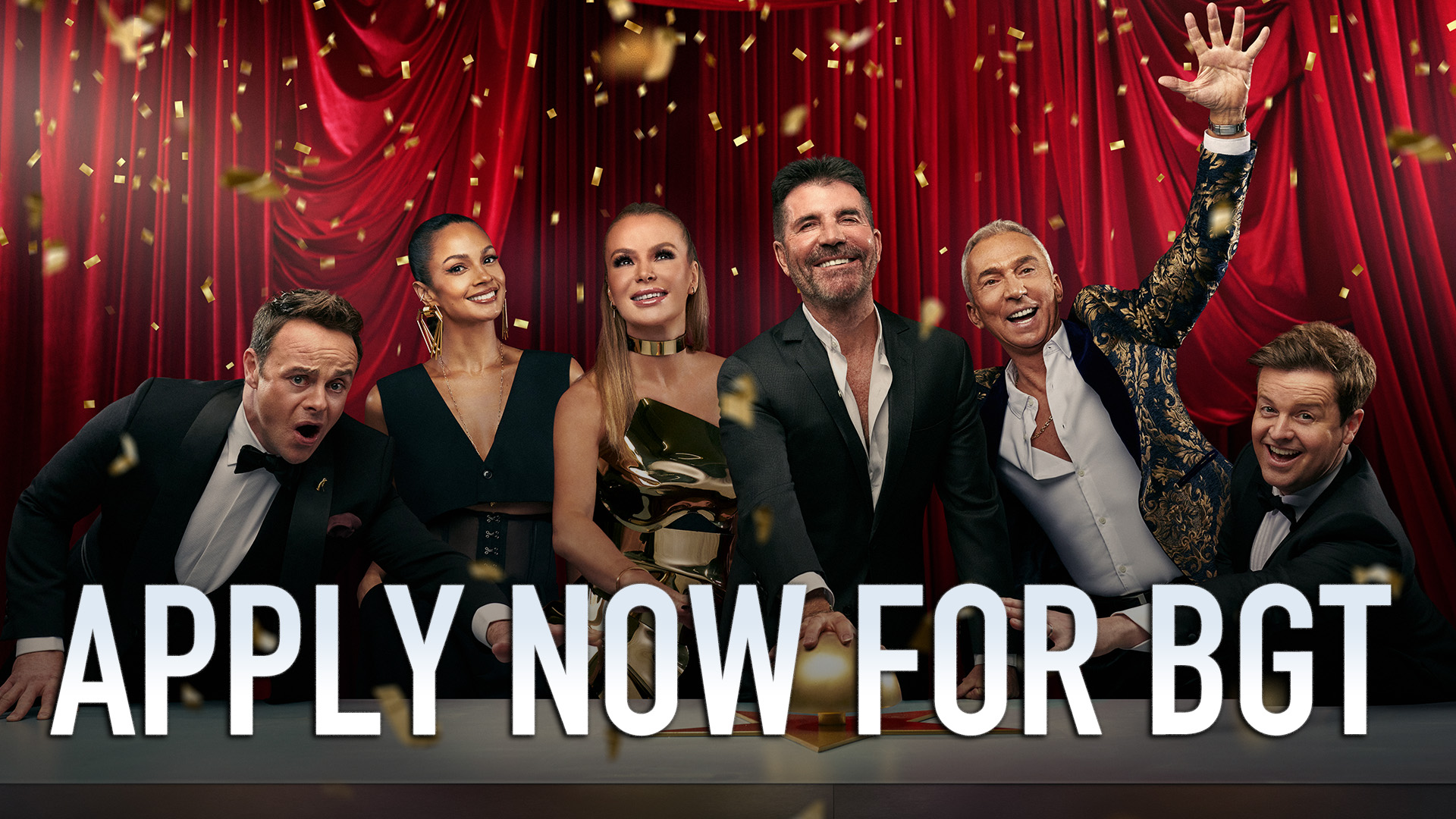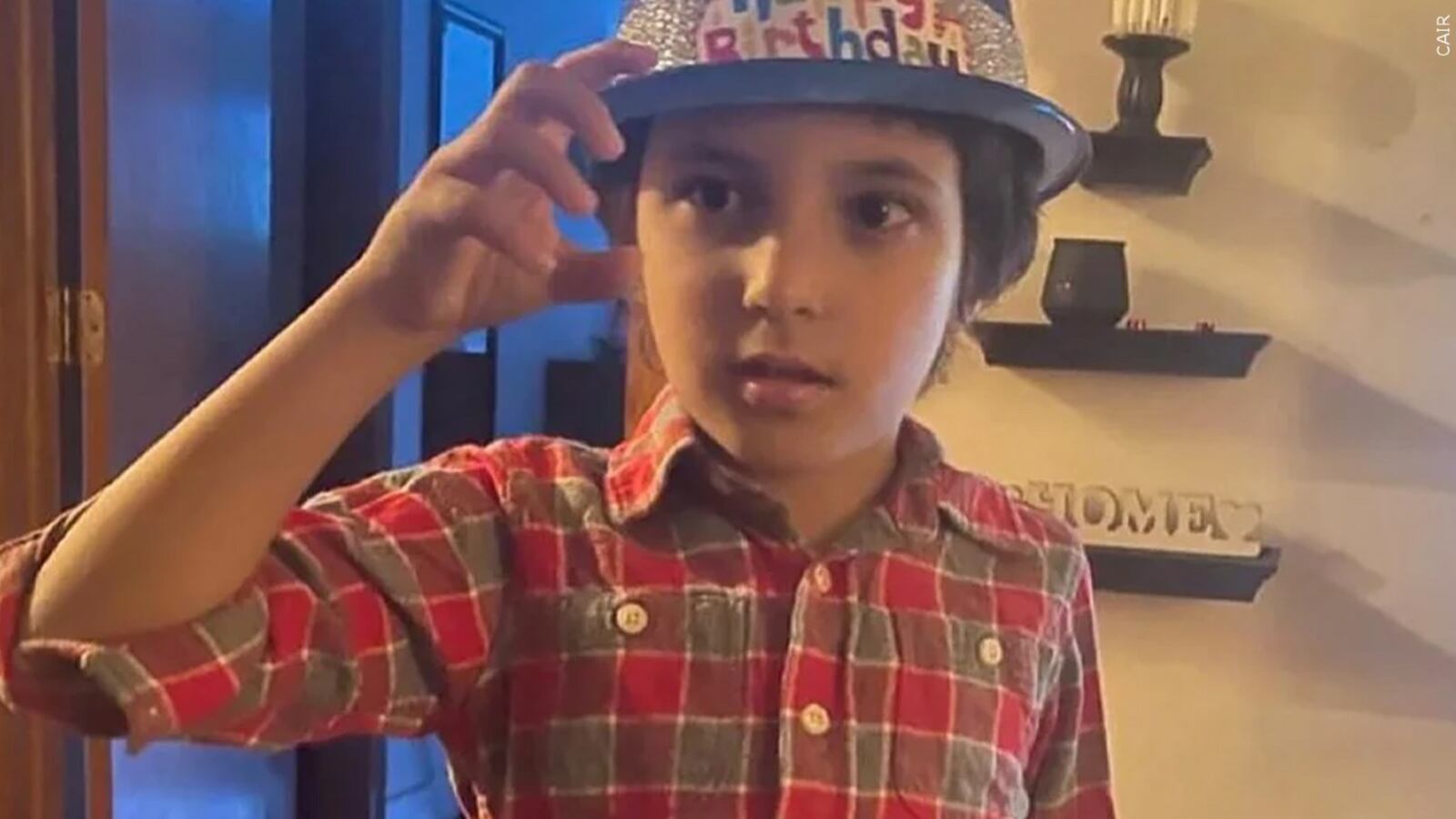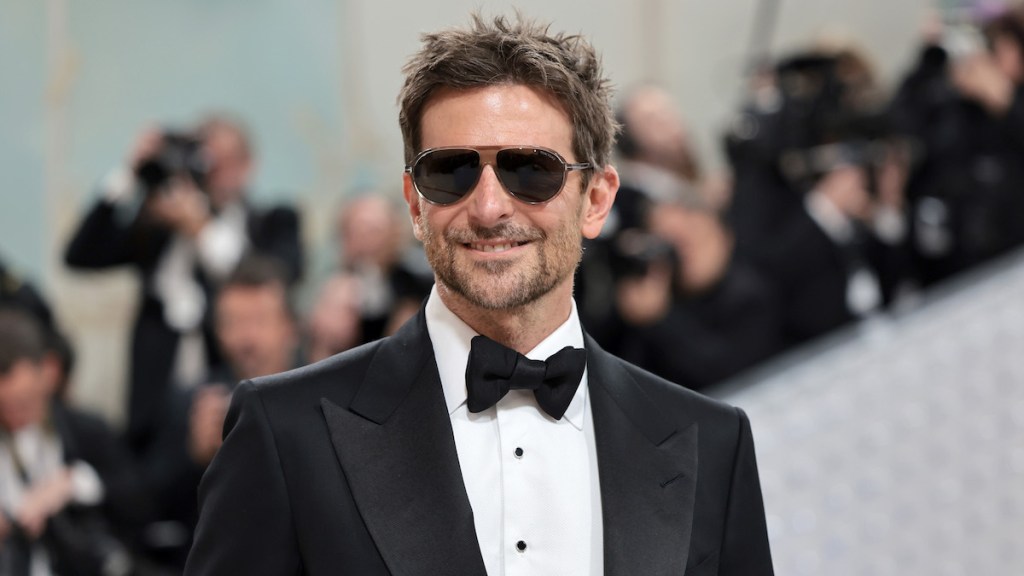Britain's Got Talent: Addressing The Issues Surrounding Teddy Magic

Table of Contents
Authenticity Concerns and the Illusion of Magic
Analyzing the Techniques: Separating Fact from Fiction
The core of the Teddy Magic controversy revolves around the question of authenticity. Many viewers questioned whether his seemingly impossible feats were genuine magic or cleverly constructed illusions. While the precise methods remain undisclosed, analyzing similar magic tricks reveals several plausible techniques.
- Misdirection: Experienced magicians expertly use misdirection to draw the audience's attention away from the crucial moments of the trick. This allows for hidden movements or manipulations to go unnoticed.
- Hidden Assistants: Many elaborate illusions rely on hidden assistants or complex stage mechanics to create the illusion of impossibility. A seemingly solo performance could, in reality, involve a team of skilled collaborators.
- Clever Editing: Television editing plays a crucial role in shaping the audience's perception. Cuts and angles can mask certain movements or enhance the dramatic effect of a trick, potentially creating a misleading impression of its impossibility.
It's important to remember that magic, at its core, is about deception. However, the line between playful deception and misleading the audience is a crucial ethical consideration we'll explore further. [Link to an article on classic magic techniques] [Link to a video demonstrating misdirection techniques].
The Role of Editing and Post-Production
The power of television editing cannot be understated. Britain's Got Talent, like many talent shows, uses editing to heighten drama and create a compelling narrative. In the case of Teddy Magic, the editing might have:
- Removed revealing moments: Certain cuts could have strategically obscured elements that might reveal the mechanics of the trick.
- Emphasized the impossible: The editing might have focused on the most spectacular aspects of the act, while downplaying potentially less impressive parts.
- Created a false sense of spontaneity: Even meticulously planned illusions can be edited to give the impression of impromptu, incredible feats.
The question remains whether the editing was used to enhance the performance or to actively deceive the audience. Transparency in editing practices is vital to maintain the integrity of the show and respect the audience's intelligence.
Ethical Considerations in Magic and Entertainment
Misleading the Audience: The Line Between Playful Deception and Unethical Misrepresentation
Magic thrives on deception, but this doesn't negate the ethical responsibility magicians have towards their audience. The key lies in the intent and the nature of the deception. Playful misdirection, designed to entertain and amaze, differs significantly from deliberately misleading the audience for personal gain or to promote something false.
- Respect for the audience: Ethical magicians strive to maintain a level of respect for their audience, avoiding manipulative techniques that could be harmful or exploitative.
- Impact on children: The potential impact on children is particularly important to consider. Young viewers might find it more difficult to distinguish between reality and illusion, making it crucial to ensure that the act doesn't create confusion or disappointment.
- Teddy Magic's actions: Did Teddy Magic cross the line? This is a question viewers grapple with, debating the level of deception employed and its ethical ramifications.
The ethical debate extends beyond a single performance, raising broader questions about the responsibility of entertainers in maintaining audience trust and avoiding manipulative practices.
The Impact on the Integrity of Britain's Got Talent
The Teddy Magic controversy has implications for the reputation of Britain's Got Talent. The show often promotes itself as a platform for genuine talent, celebrating creativity, skill, and originality.
- Alignment with show values: Did Teddy Magic's act align with the stated values of the show? Or did it damage the perception of authenticity and fairness?
- Viewer response: The negative reactions from a significant portion of the audience highlight a potential breach of trust, raising questions about the show's selection process and quality control.
- Long-term impact: The controversy could affect the show's future, potentially impacting viewership and sponsor relationships.
The Public Reaction and Social Media Discourse
Analyzing Online Comments and Reviews: A Spectrum of Opinions
The online reaction to Teddy Magic's performance was overwhelmingly diverse. Social media platforms became a battleground for opinions, with some praising the act's spectacular nature while others vehemently criticized its alleged lack of authenticity.
- Positive comments: Many lauded the impressive spectacle, the showmanship, and the entertainment value.
- Negative comments: Others expressed disappointment, anger, or even accusations of fraud, highlighting concerns about the potential for manipulation and misleading the audience.
- Diversity of viewpoints: The wide range of responses underscores the complexity of the issue and the lack of a universally accepted conclusion. [Link to a compilation of social media comments]
The Role of Media in Shaping Public Opinion
The media played a significant role in shaping public perception. News outlets, blogs, and online forums offered varying interpretations of the events, often highlighting different aspects of the controversy.
- Sensationalized headlines: Some media outlets chose to emphasize the controversy and speculation, potentially influencing public opinion through dramatic headlines and suggestive reporting.
- Balanced reporting: Other outlets presented a more balanced perspective, acknowledging both the positive and negative aspects of the situation.
- Influence on narrative: The media's framing of the events undoubtedly influenced the public discourse, highlighting the power of media narratives in shaping public perception.
Conclusion: The Lasting Impact of the Teddy Magic Controversy on Britain's Got Talent
The Teddy Magic controversy on Britain's Got Talent highlights the complex intersection of illusion, entertainment, and ethical considerations. The authenticity of his act remains a subject of debate, but the controversy raises important questions about the responsibilities of magicians and the role of editing in shaping audience perception. The public reaction and media coverage underscore the significant impact of such events on the reputation of a popular TV talent show. The controversy continues to spark dialogue about the boundaries of deception in entertainment and the importance of transparency and ethical conduct within the industry.
What are your thoughts on the Teddy Magic controversy? Share your perspective on the ethics of magic on Britain's Got Talent in the comments below! Keywords: Britain's Got Talent, Teddy Magic, magic controversy, ethical debate, audience reaction, illusion vs. reality.

Featured Posts
-
 Modern Japanese Cuisine In Sheung Wan A Honjo Restaurant Review
May 04, 2025
Modern Japanese Cuisine In Sheung Wan A Honjo Restaurant Review
May 04, 2025 -
 Two Days Of Crypto Chaos A Party Retrospective
May 04, 2025
Two Days Of Crypto Chaos A Party Retrospective
May 04, 2025 -
 Court Sentences Man To 53 Years For Violent Hate Crime Against Palestinian American Family
May 04, 2025
Court Sentences Man To 53 Years For Violent Hate Crime Against Palestinian American Family
May 04, 2025 -
 Exclusive Photos Bradley Cooper Directing Will Arnett For Is This Thing On In Nyc
May 04, 2025
Exclusive Photos Bradley Cooper Directing Will Arnett For Is This Thing On In Nyc
May 04, 2025 -
 Le Plus Grand Parc De Batteries De Belgique Ouvre Ses Portes A Au Roeulx Grace A Eneco
May 04, 2025
Le Plus Grand Parc De Batteries De Belgique Ouvre Ses Portes A Au Roeulx Grace A Eneco
May 04, 2025
